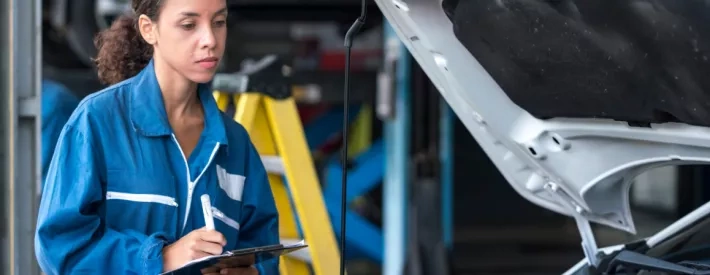IMI urges Government support for automotive sector workforce and skills requirements

Support for aftermarket skills for EV and ICE is critical
"The government’s announcement on 6th April 2025, outlining adjustments to the Zero Emission Vehicle (ZEV) mandate and the delay to the ban on new petrol and diesel vehicle sales, offers welcome clarity for UK automotive manufacturers and the wider supply chain," said Sarah Sillars, Interim CEO of the Institute of the Motor Industry (IMI).
"However, we must not let this become a reason for complacency. This change must not stop critical investment in automotive professionals—across both internal combustion engine (ICE) and electric vehicle (EV) technologies."
The revised plans, which now extend the ban on new hybrid, plug-in hybrid, and ICE vans and cars to 2035, may ease pressure on manufacturers, but they also prolong the complexity of the transition, and increase the demand for a skilled, omni-competent workforce.
"With over 14,000 vacancies in the automotive sector and only 27% of the workforce currently qualified to work safely on electric vehicles, according to IMI TechSafe data, the need for coordinated skills investment has never been more urgent," Sillars continued.
"The Labour Party’s pre-election promise to deliver a dedicated Automotive Strategy is timely and essential. It must provide a clear roadmap for technology, infrastructure, and, crucially, people. The IMI urges the government to ensure that workforce development is a central pillar of both this strategy and the wider Industrial Strategy.
"The IMI stands ready to support the sector—our 120,000 members and wider industry partners—in attracting, developing and retaining the talent needed for a successful, sustainable transition. But this must be underpinned by meaningful, long-term policy support, including establishing a National Automotive Skills Investment Fund and strengthening the Nationally Endorsed Standard for High-Voltage Vehicle Technicians, anchored in CPD and voluntary accreditation."





